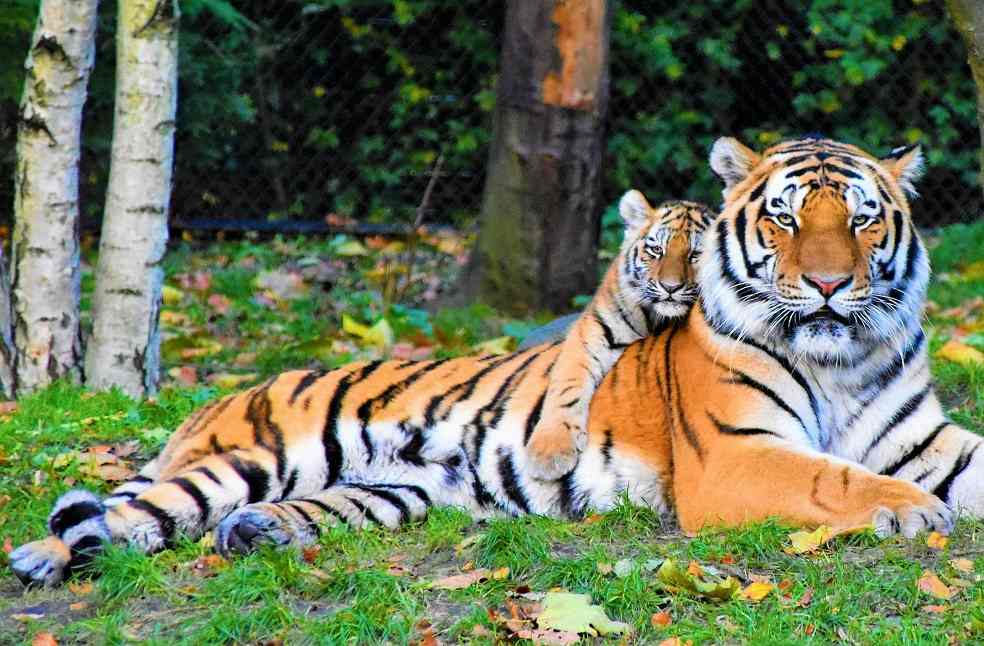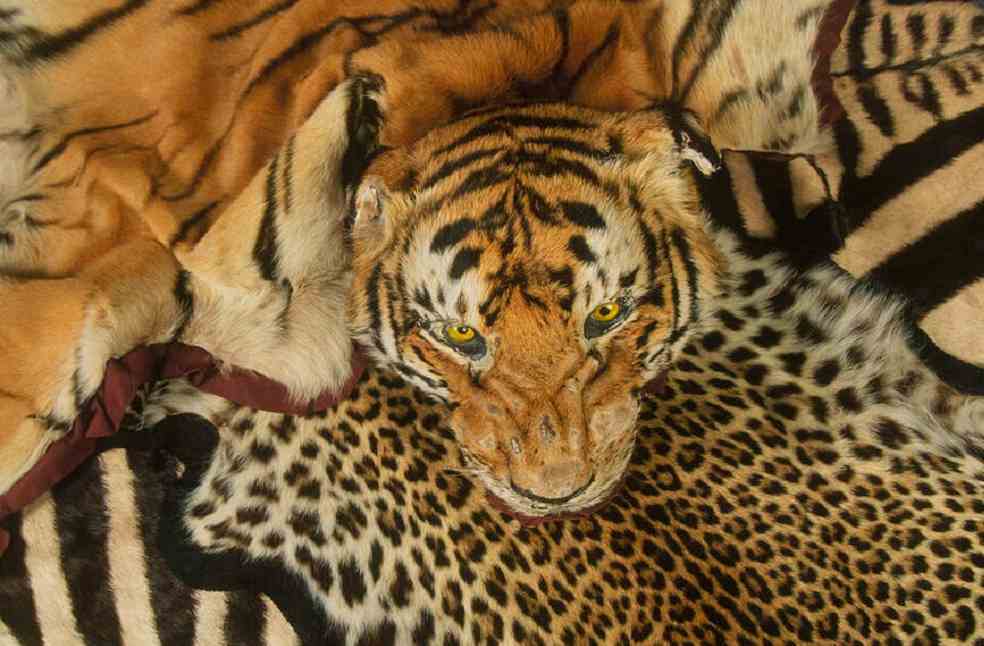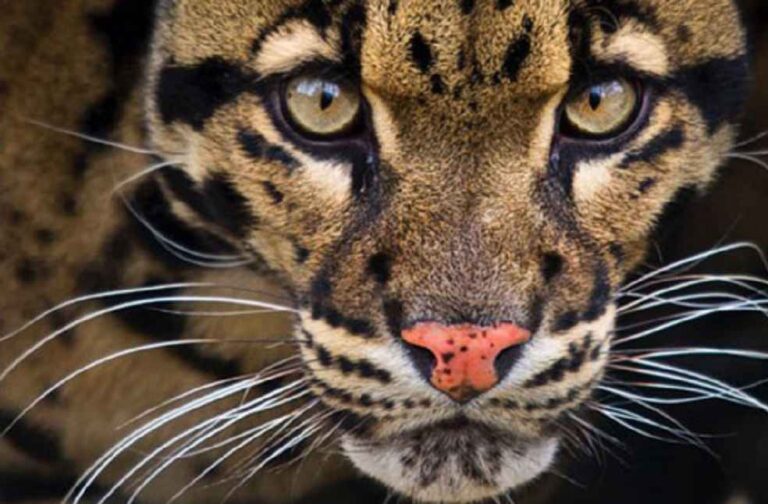South Africa has emerged as the world’s largest exporter of live tigers and their parts, despite lacking captive-breeding facilities registered under the Convention on International Trade in Endangered Species (CITES). This startling revelation of tiger trade comes from a report by global animal welfare organisation Four Paws, titled South Africa’s Out of Control Big Cat Industry.
The report highlights how South Africa circumvents CITES recommendations, which advocate for regulated tiger breeding and registration of facilities. This regulatory loophole has enabled the country to lead the global trade in big cat exports, raising concerns about conservation efforts and compliance with international agreements.
An analysis of the CITES Trade Database reveals that, over the past two decades, South Africa issued export permits for 3,545 live big cats and 34,246 big cat parts. While the country has an estimated 8,000 captive-bred lions, data on tiger populations remains unclear due to inadequate regulation. A 2024 Ministerial Task Team report noted 626 captive tigers, though figures exclude regions such as KwaZulu-Natal and Mpumalanga.

South Africa also leads in exporting derivatives of lions and leopards, such as claws, skins, bones, and trophies, most of which come from animals bred on commercial farms.
South Africa’s patchy provincial and national regulations fail to adequately address the breeding, trade, and hunting of tigers. Tigers are classified as exotic species and are excluded from the country’s Threatened or Protected Species (TOPS) regulations, which protect only indigenous wildlife.
Under CITES, tigers are listed in Appendix I, prohibiting commercial international trade. However, captive-bred tigers can be traded under specific conditions, such as for zoological purposes. Exporters reportedly exploit this provision by using the CITES Z-Purpose Code (zoo) for transactions that may, in reality, be commercially motivated.
Four Paws argues that South Africa’s interpretation of CITES regulations is flawed. Despite CITES explicitly directing all countries to avoid commercial breeding of tigers for trade, South Africa claims such regulations do not apply as it is not a range state for tigers.
In May 2024, 40 live tigers were exported to a single destination in India, marking what may be the largest shipment of tigers from South Africa. Michele Pickover, CEO of the EMS Foundation, described the export as indicative of the expanding tiger-breeding industry in the country, which has grown exponentially in the absence of comprehensive regulations.

The report underscores the connection between South Africa’s big cat trade and organised crime. TRAFFIC’s Wildlife Trade Portal recorded nearly 100 seizures of big cats or their parts between 2004 and 2024. Recent trends reveal collaboration between South African and Vietnamese nationals to traffic tiger parts.
Wildlife Trade Expert Kieran Harkin of Four Paws warned that South Africa’s inadequate regulations allow unchecked breeding, killing, and trade of big cats. “The South African government continues to ignore existing international trade agreements under CITES, undermining global conservation and enforcement efforts,” he said.
Despite increasing scrutiny, South Africa’s Department of Forestry, Fisheries, and Environment (DFFE) has yet to introduce stronger regulations. In October 2024, DFFE Minister Dion George stated that legal options for tiger protection are still under consideration. Meanwhile, exports of tigers and their derivatives continue unabated, further fueling concerns about the impact on global conservation.
The Four Paws report serves as a clarion call for urgent reforms to South Africa’s big cat industry, highlighting the need for stricter regulations to safeguard endangered species and uphold international conservation commitments.
IMEX SECTOR | Vietnam’s Fruit Imports Soar, US Supplies Rise by 30% in 2024



